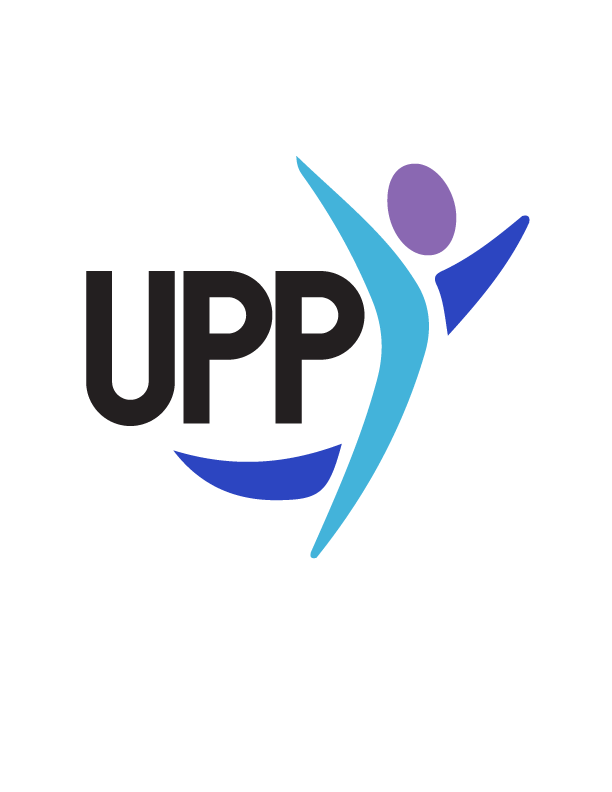The Missing Piece?
By Luke McKenna
“The research overwhelmingly shows the linkages among SEL, student outcomes, and school performance. [Many teachers now] understand that SEL promotes young people’s academic success, engagement, good behaviour, cooperation with others, problem-solving abilities, health, and wellbeing, while also preventing a variety of problems such as truancy, alcohol and drug use, bullying, and violence. In recent years, we have seen many promising signs of progress.” (Civic Enterprises, 2013)
One major challenge we face as educators is that not all students walk through the classroom door optimised and ready for learning in each subject. Teachers do their best, but the soil is not always fertile. The minds of our students are not always available for learning. By investing time in SEL / Pastoral Care / Wellbeing / Life Skills in schools, we are endowing students with the skills they need to thrive in each of their subjects. These skills are useful during their time at school, but students can also apply these skills to every area of their lives outside, and beyond, their time at school. How can we help students to cultivate these essential skills for a good life?
“In too many classrooms and schools, children are missing a critical piece of their education. Year after year, and test after test, students and their teachers focus on the cognitive elements of education", while other life skills are often undervalued (Civic Enterprises, 2013). There are two key ways to build these life skills or Social-Emotional skills with our students in schools. Implicitly (by embedding it into our schools existing processes and practices), and explicitly (by teaching lessons on relevant and meaningful topics). I believe that both aspects are equally important.
Employability skills are likely to be helpful life skills for students, not just with regard to getting a job, but also functioning successfully in society. The following 8 employability skills have been identified by Youth Central: communication, teamwork, problem solving, initiative and enterprise, planning and organising, self-management, learning and technology. These can be taught intentionally, deliberately and implicitly. I know that sometimes, I am too quick to move past these important skills with students, to make the “real lesson” happen. I have come to realise that there are often life lessons within the curriculum lessons. For example, we might ask students to form into groups of four for a short, in-class task. However, we make this happen so quickly, in order to move on to the important task that we are meant to be learning about, that we fail to teach students, or give students the opportunity to practice important life skills. For instance, skills such as greeting / welcoming members of the team, making eye contact, observing non-verbal cues, establishing group norms, communicating respectfully, listening to understand rather than respond. In our hustle and bustle, let’s not be too quick to pass over the skills of life, as opportunities arise. I realise this poses a challenge to busy classrooms, however, I also think we need to remind ourselves that doing so is likely to create higher functioning students (and human beings) in the long-run.
While it is possible to embed life lessons and the learning of social-emotional skills into the existing practices and processes of our schools, it is equally important to teach certain skills explicitly. There is a growing body of evidence that proposes that SEL is a vital aspect of school improvement. One of the most thorough and illuminating meta-analyses of SEL was conducted for CASEL. The study included 213 different SEL programs involving 270,034 primary and high school students. The results were significant. Compared to controls, SEL participants demonstrated significantly improved social and emotional skills, attitudes, and behaviour. In addition, students who had participated in the SEL programs reflected an additional 11 percentile-point gain in achievement (Durlak, et al., 2011). Current research points to evidence that quality SEL / Pastoral Care drives learning improvement.
Other support from the research includes a study of an SEL program entitled the Child Development Project. The study identified improvements in students’ school-related attitudes and grade point averages, compared with the control groups that did not participate in the program (Battistich, Schaps & Wilson, 2004). This is supported further by a significant body of research that links a range of SEL programs to higher academic performance and other positive outcomes (Zins, et al., 2007; Elias, et al., 1997; Aronson, 2002). Current research suggests there is a strong correlation between SEL and performance. For best results, SEL will be taught through formal lessons and also embedded into the life of the school. Schools that invest quality time in SEL gain significant benefits.
Schools can no longer underestimate the value of SEL. The evidence that links SEL to improvements in behaviour, engagement, wellbeing, attitudes and academic achievement is substantial. “Schools will be most successful in their educational mission when they integrate efforts to promote children’s academic, social and emotional learning” (Elias, et al., 1997). Some of the lighthouse schools in Australia have adopted this approach (such as Geelong Grammar, Knox Grammar, St Peter’s College, Adelaide) and are thriving as a result.
Whether we value academic achievement, workforce readiness, behaviour, engagement, positive attitudes, connectedness, school culture or persistence, the evidence points to the need for being intentional about SEL in our schools. High quality SEL will help our students thrive and become the best they can.
If you are interested in online lesson plans to use in PC / SEL / Wellbeing lessons that are teacher friendly, student friendly, classroom friendly and grounded in evidence, check out Thrive online lesson modules for 2017.

